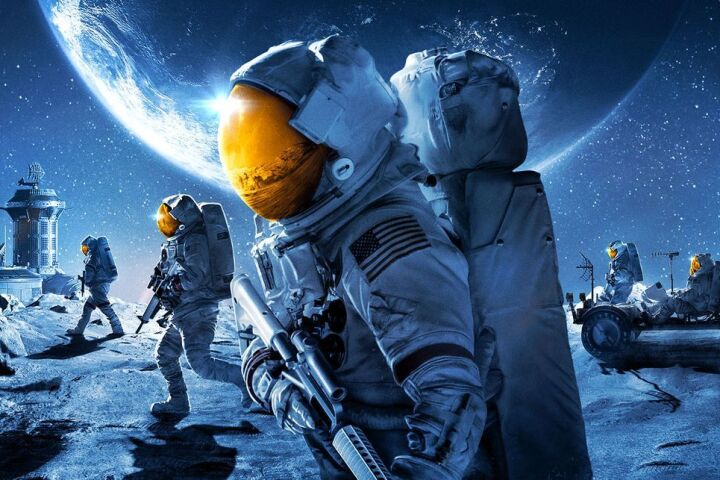In an astronomical astronomical discovery, scientists have identified what's believed to be the widest known planetary system. Situated about 104 light years from Earth, a planet that could be 15 times the size of Jupiter is in a 900,000-year orbit at a mind-boggling distance of 1 trillion km from its parent star – that's 7,000 times the distance of the Earth from the Sun.
The focus of studies by British, American, and Australian scientists, 2MASS J2126 was discovered in an infrared sky survey. Initial findings allowed astronomers to estimate the object's age, which in turn allowed them to determine its mass. It's mass was too low to be a failed star, so it was at first thought to be a free-floating planet. That is, a planet that isn't part of a star system, but floats like a cosmic orphan through interstellar space.
However, 2MASS J2126's orphan status was thrown into question by the presence of a young star in the vicinity called TYC 9486-927-1. Niall Deacon of the University of Hertfordshire and his team noticed that 2MASS J2126 and TYC 9486-927-1 were both about 104 light years from Earth and moving in the same direction, which indicates that they are associated. In other words, 2MASS J2126 orbits TYC 9486-927-1.

"This is the widest planet system found so far and both the members of it have been known for eight years," says Deacon. "But nobody had made the link between the objects before. The planet is not quite as lonely as we first thought, but it's certainly in a very long distance relationship."
2MASS J2126 is so far from its principal that in the (highly-unlikely) event that you were standing on its surface, you would see your sun as only another star and would probably be unaware that it had anything to do with you.
By looking at the spectra of 2MASS J2126 and TYC 9486-927-1, Deacon's team could measure the amount of lithium present in TYC 9486-927-1. Since lithium burns up over a star's lifetime, the amount present is an indicator of age. TYC 9486-927-1 had more than that of a nearby 45-million year-old star group called the Tucana Horologium Association, but less than another group of stars clocking in at 10 million years old.
From this age range, the scientists estimate the mass of 2MASS J2126 as between 11.6 to 15 times that of Jupiter, which makes it about the same mass, age, and temperature as beta Pictoris b – one of the first exoplanets to be directly imaged.
"Compared to beta Pictoris b, 2MASS J2126 is more than 700 times further away from its host star," says Simon Murphy of the Australian National University. "But how such a wide planetary system forms and survives remains an open question."
The research findings were published in the Monthly Notices of the Royal Astronomical Society (PDF).
Source: Royal Astronomical Society








